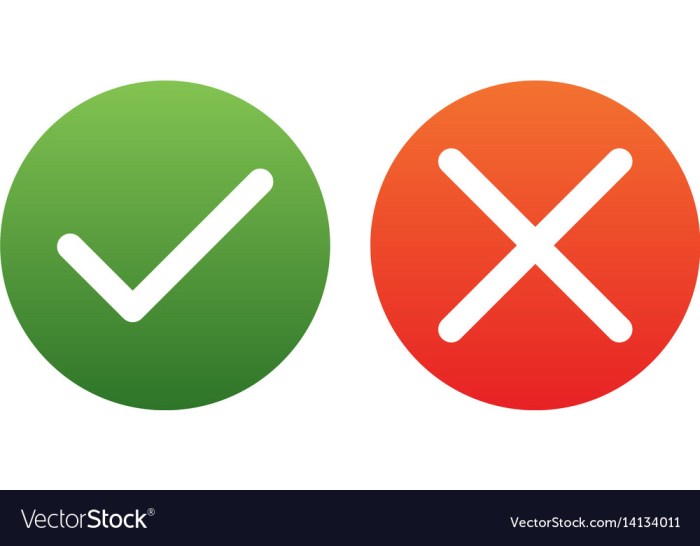Can too much brake fluid cause brakes to stick? The answer is a resounding yes. Brake fluid plays a crucial role in the functioning of a braking system, but excessive amounts can lead to a variety of problems, including brake sticking.
This article delves into the intricate relationship between brake fluid and brake sticking, providing a comprehensive understanding of the causes, consequences, and preventive measures associated with this issue.
Excessive brake fluid can result in brake sticking due to several mechanisms. Firstly, it can lead to the formation of air bubbles within the brake lines. These bubbles act as compressible pockets, reducing the hydraulic pressure applied to the brake pads.
Consequently, the brake pads may not fully retract after being applied, causing them to rub against the rotors and generate friction, resulting in brake sticking.
Brake Fluid Basics

Brake fluid is a crucial component in a vehicle’s braking system, responsible for transmitting hydraulic pressure from the master cylinder to the brake calipers. This pressure activates the brake pads, which in turn generate friction against the rotors to slow down or stop the vehicle.
Brake fluid is typically a non-compressible, high-boiling point fluid that maintains its properties under extreme temperatures and pressures encountered during braking.
Composition and Properties
Brake fluid is typically composed of a base fluid, additives, and inhibitors. The base fluid is typically a glycol ether, which provides the necessary viscosity, lubricity, and boiling point characteristics. Additives enhance specific properties, such as corrosion resistance, anti-wear protection, and moisture absorption.
Inhibitors prevent the fluid from degrading due to oxidation, thermal stress, and contamination.
Excess Brake Fluid Effects

While brake fluid is essential for proper braking, excessive amounts can lead to detrimental effects on the system.
Overfilling the Reservoir, Can too much brake fluid cause brakes to stick
Overfilling the brake fluid reservoir can create air pockets within the system, compromising the fluid’s ability to transmit pressure effectively. This can result in a spongy brake pedal feel, reduced braking performance, and increased stopping distances.
Brake Sticking Mechanism

Excess brake fluid can contribute to brake sticking, a condition where the brake pads remain engaged with the rotors even after the brake pedal is released.
Physical and Chemical Processes
Excessive brake fluid can cause the brake caliper pistons to extend further than necessary, pushing the brake pads against the rotors. This can occur due to air pockets, fluid expansion from high temperatures, or the presence of contaminants in the fluid.
Signs and Symptoms

Brake sticking caused by excess brake fluid can manifest through several observable signs and symptoms:
- Spongy or soft brake pedal feel
- Increased stopping distances
- Vehicle pulling to one side during braking
- Burning smell from the brakes
- Smoke or steam emanating from the wheels
- Squealing or grinding noises when braking
Troubleshooting and Mitigation
Troubleshooting brake sticking related to excessive brake fluid involves identifying and resolving the underlying cause:
- Check brake fluid level:Ensure the brake fluid reservoir is not overfilled and adjust accordingly.
- Bleed the brake system:Remove air pockets from the system by bleeding the brakes at each wheel.
- Inspect for leaks:Check for any leaks in the brake lines, calipers, or master cylinder.
- Replace contaminated fluid:Flush and replace the brake fluid if it is contaminated or has exceeded its recommended service life.
Preventive Measures
Proactive measures can help prevent brake sticking due to excess brake fluid:
- Maintain optimal brake fluid level:Regularly check and adjust the brake fluid level to ensure it is within the recommended range.
- Use DOT-recommended brake fluid:Utilize brake fluid that meets the specifications recommended by the vehicle manufacturer.
- Flush and replace brake fluid:Adhere to the manufacturer’s recommended intervals for flushing and replacing the brake fluid.
- Inspect and service brakes regularly:Have the brakes inspected and serviced by a qualified mechanic to identify and resolve potential issues early on.
Key Questions Answered: Can Too Much Brake Fluid Cause Brakes To Stick
What are the signs and symptoms of brake sticking caused by excessive brake fluid?
Brake sticking due to excessive brake fluid can manifest in various ways, including: spongy or soft brake pedal, delayed brake response, pulling to one side while braking, and a burning smell coming from the brakes.
How can I troubleshoot brake sticking related to excessive brake fluid?
Troubleshooting brake sticking related to excessive brake fluid involves checking the brake fluid level, inspecting the brake lines for leaks or air bubbles, and ensuring that the brake calipers are functioning properly. If the issue persists, it is recommended to seek professional assistance.
What are some preventive measures to avoid brake sticking due to excess brake fluid?
Preventive measures to avoid brake sticking due to excess brake fluid include: regularly checking and maintaining the brake fluid level, adhering to manufacturer-recommended brake fluid replacement intervals, and avoiding overfilling the brake fluid reservoir.